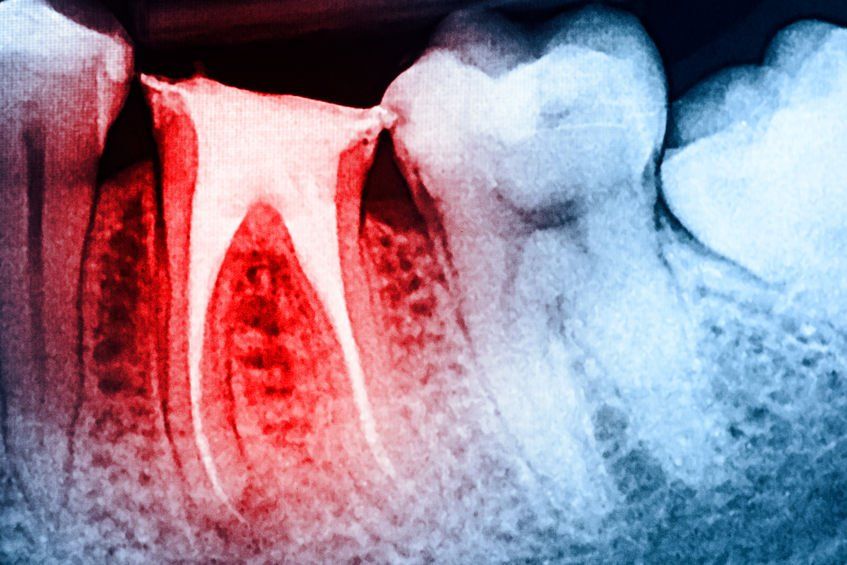Tips For Dealing With Tooth Sensitivity

If you have problems with tooth sensitivity, start by visiting your dentist. Dental sensitivity is typically caused by eroded enamel (which leaves the dentin exposed) or the exposure of some areas on the surface of the roots. However, in some situations, pain or discomfort may have other causes: dental caries, a fractured tooth etc. A dental exam will clarify your diagnosis and exclude any other cause.
Tooth sensitivity treatment varies depending on severity of the lesion and clinical circumstances, and may include:
Using desensitizing toothpaste
There is a multitude of toothpastes created specifically for sensitive teeth. They must be used for a longer time to be fully effective, although you should notice some improvements after a few applications.
Fluoride gels
Fluoride gels help strengthen enamel and reduce pain. Usually, more sessions are needed to relieve tooth sensitivity symptoms.
Bonding
If desensitizing toothpastes and fluoride gels do not help, yourmay decide to apply fluid composite resins to sensitive teeth areas. These substances are designed to seal exposed dentinal canals, thus relieving pain.
Gingival graft
If dental sensitivity is caused by the exposure of a wider area of the root due to a process of gingival retraction, your doctor may suggest a gingival graft.
Devitalizing the tooth
If dental sensitivity causes intense pain and all treatment methods prove to be rather ineffective, the Colorado sedation dentistry can also recommend devitalizing the tooth by performing an endodontic treatment followed by root canal obturation.











